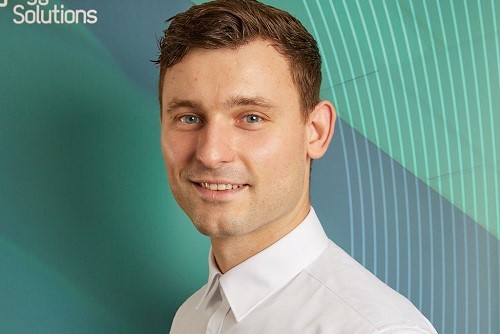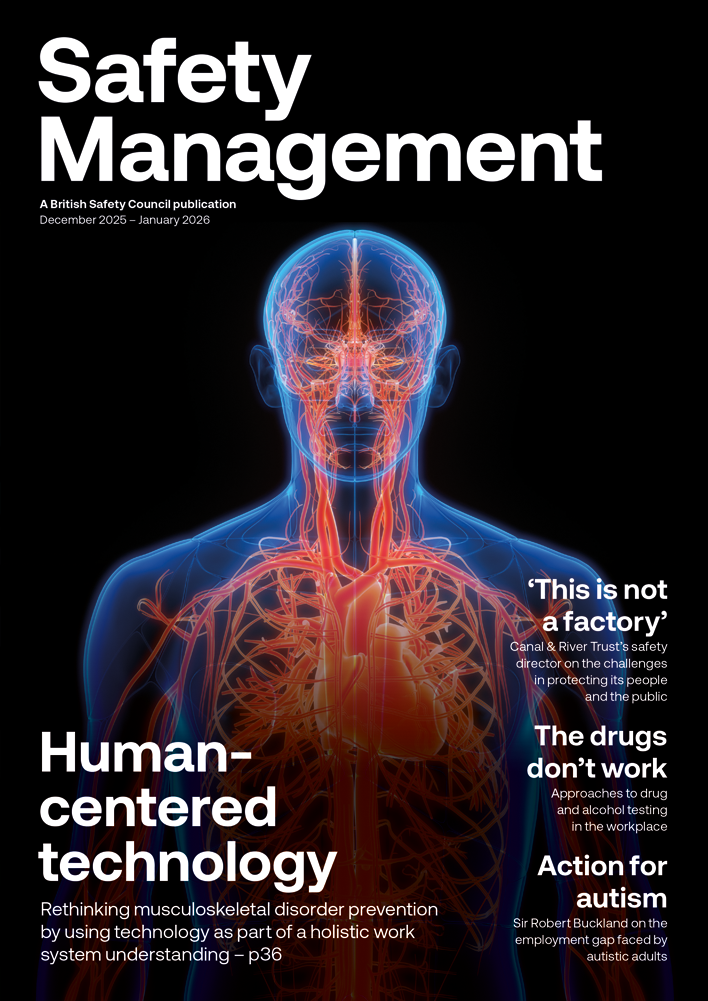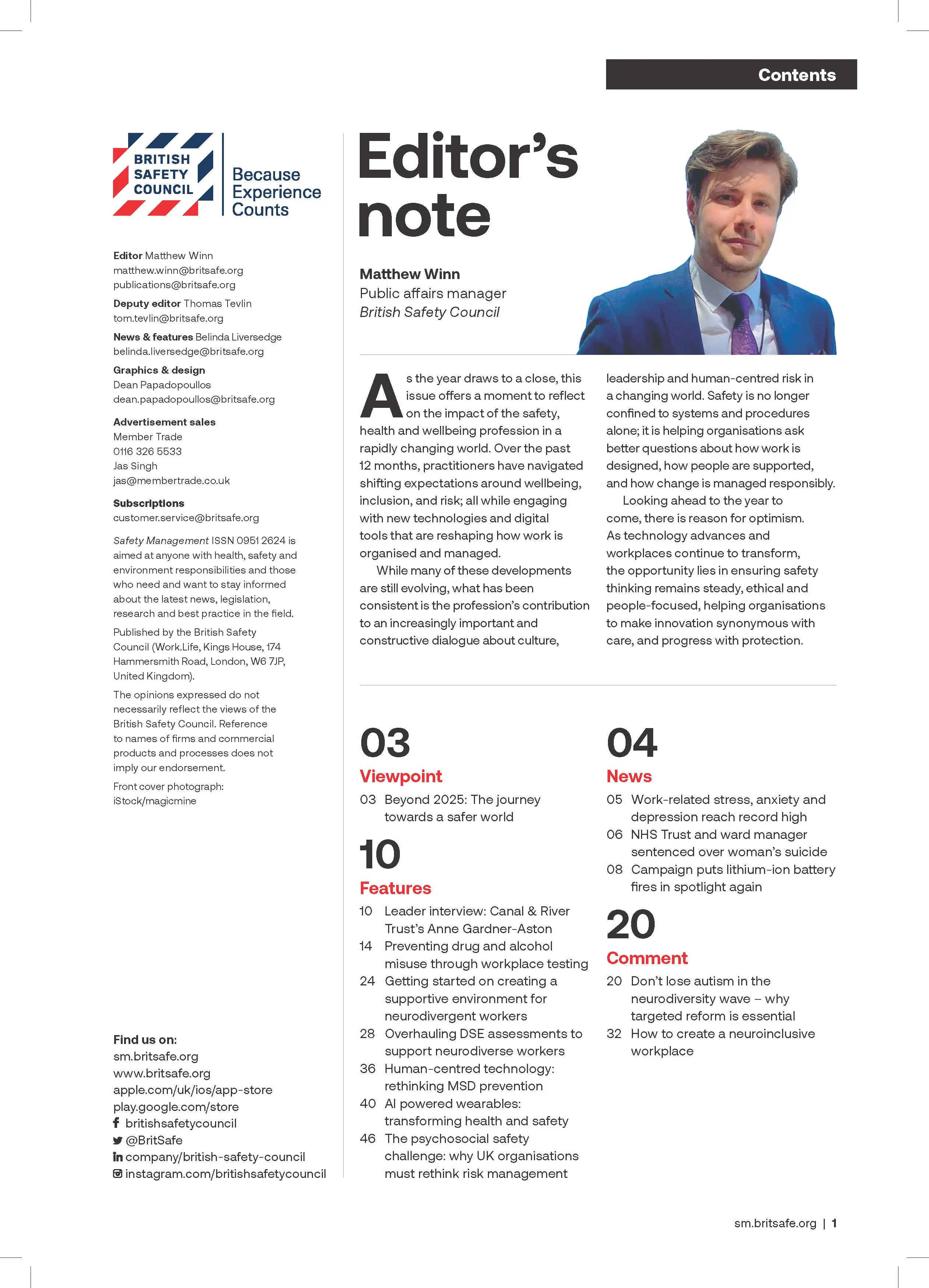In the months since the first case was identified in the UK, the coronavirus pandemic continues to have a profound impact on individuals, industries and our healthcare system.
Opinion
Why decontamination is crucial to combatting Covid-19
Key workers in the health and social care industry are among the most affected, working tirelessly to care for the old, ill and vulnerable people in the country.
Controlling the spread of the virus has been among the most pressing challenges for this key sector, particularly as hospitals battled shortages of essential personal protective equipment (PPE).
 Tautvydas Karitonas, head of research and development Inivos
Tautvydas Karitonas, head of research and development Inivos
Effective decontamination is crucial in limiting spread within healthcare settings such as hospitals and care homes. While hygiene professionals work tirelessly to ensure the environment is safe and clean, this new threat means that ‘manual cleaning’ (cleaning by hand) alone is not enough.
More robust measures are required to ensure the risk of viral contamination and spread is kept to an absolute minimum.
Unlike manual cleaning, which can lead to pathogenic microorganisms being left behind by unintentional but unavoidable human error, technology has the power to completely decontaminate a space and eliminate the virus.
Hospitals are increasingly turning to innovations such as hydrogen peroxide vapour (HPV) and ultraviolet-C (UV-C) light to eradicate Covid-19, particularly in spaces where Covid-positive patients are known to have been.
In simplified terms, the technology fills the area with either HPV or UV-C, which work by breaking down the lipid (fat) outer layer of the organism and destroying the genetic material within – ultimately obliterating the virus.
Decontamination can be applied to PPE as well as to spaces. Although it is not a long-term alternative to using new, disposable PPE for each use, it is something that some professionals are having to consider as a short-term solution.
It is universally acknowledged that PPE is essential to best protect frontline workers from Covid-19, among other potentially dangerous viruses and bacteria. However, shortages in the supply of PPE have left thousands of health professionals faced with no option other than to reuse their masks, gowns and goggles – all of which are designed to be thrown away.
Hydrogen peroxide vapour has long been used as a powerful decontaminant to kill microorganisms by a process of oxidisation which destroys the cell wall.
Research has shown it can eradicate significantly more resistant micro-organisms, such as c.difficile, and research is ongoing to confirm its anticipated efficacy against Covid-19. Therefore, HPV can be used as an effective and safe method of decontamination of PPE, enabling PPE to be safely reused.
Ultraviolet-C light has also been shown to be effective in decontaminating microorganisms at varying levels of resistance. Like HPV, it does this bybreaking down the cell wall and eradicating the genetic material within.
Known for decontaminating spaces in impressively short times and therefore a popular solution for busy A&E units, it is a less compelling choice for the decontamination of PPE due to the possibility of shadows, cast by the folds in fabric, blocking the UV-C rays.
The two technologies can be used across health practices and PPE to destroy microorganisms. Their ability to effectively decontaminate their surrounding areas in a matter of hours provides an immediate answer as to why decontamination is so crucial in the fight against Covid-19.
Tautvydas Karitonas is head of research and development at Inivos
OPINION

Alcohol – the negative impact on work and workplaces
By Dr Jamie O’Halloran, IPPR on 02 January 2026
New IPPR research shows that most employees expect their employer to play an active role in reducing alcohol harm. Senior staff, in particular, believe employers have an even greater responsibility. Yet in practice, many employees say they do not see their employer taking meaningful steps to minimise harm.

Beyond 2025: The journey towards a safer world
By Mike Robinson FCA, British Safety Council on 22 December 2025
As 2025 draws to a close, we reflect on a year of success and safety. It also allows us to look forward to the coming year, recognising that with each new year comes the unbridled hope and opportunity to create the safest year in human history for the workers of the world.

How to create a neuroinclusive workplace
By John Robinson, Schofield Sweeney on 09 December 2025
The modern workplace is a diverse environment. Most workforces will be made up of individuals representing the majority of the groups protected under the Equality Act 2010.



